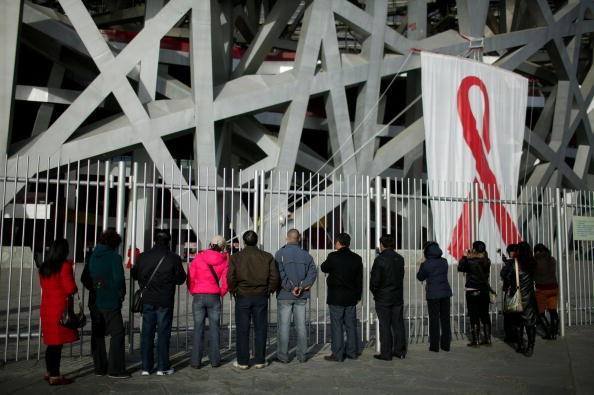AIDS Prevention Education Project for Chinese Youth (APEPCY), a Chinese non-profit organization (NGO), is promoting AIDS prevention in schools as part of its campaign to prevent the disease's transmission, especially among youths, the Xinhua News Agency reported.
The group was established in 2006 by the China Charities Aid Foundation for Children and the Chinese Society of Education.
During class, "Youth Love Cabin," teachers educate the young on the fundamentals of pregnancy, from the importance of having a safe sex to the things partners must do should the woman get pregnant to the essential conditions for pregnancy.
The group has already sponsored a total of 681 classes nationwide, exploring new means of imparting sex education and AIDS prevention.
Currently, there is no official sex education in Chinese schools, despite the number of people living with sexually transmitted diseases.
Throughout the years, some local governments have partnered with APEPCY to introduce the program to their constituents. For instance, in the China-Myanmar border-located Yingjiang County, officials have tapped the NGO as their area has a severe case of AIDS/HIV.
Back in 2012, APEPCY sponsored six classes in the county. After around two years, the program is being held in most of the region's 200 elementary and middle schools.
"By the end of 2016, we plan to form a full and systematic program, which unites the government and NGO forces," Zhang Liming, deputy director of the Yingjiang's education bureau, said.
Nie Yongxian, a Yingjian-based teacher, noted that children in the county were mainly influenced by the older ones.
"For our students, information on HIV/AIDS is what they needed most . . . and the dangers of drugs. Therefore, telling them the dangers of drugs is also very important," Nie shared.
Meanwhile, UNAIDS strategic information adviser Chen Zhongdan also expressed support for the APEPCY project.
"We will consider cooperating with APEPCY to introduce the program to the rest of the country, and even the world," he said.
Apart from the sponsored Youth Love Cabins, the NGO also established Youth Love Bases, which primarily provide training as well as liaison opportunities.
APEPCY president Zhang Yinjun vowed to be more focused and innovative in tapping domestic and global forces in the future to better deliver their projects.
"APEPCY need more domestic and international support to communicate our ideas, letting more people join the HIV/AIDS prevention drive to ultimately realize the global zero AIDS goal," she said.




























